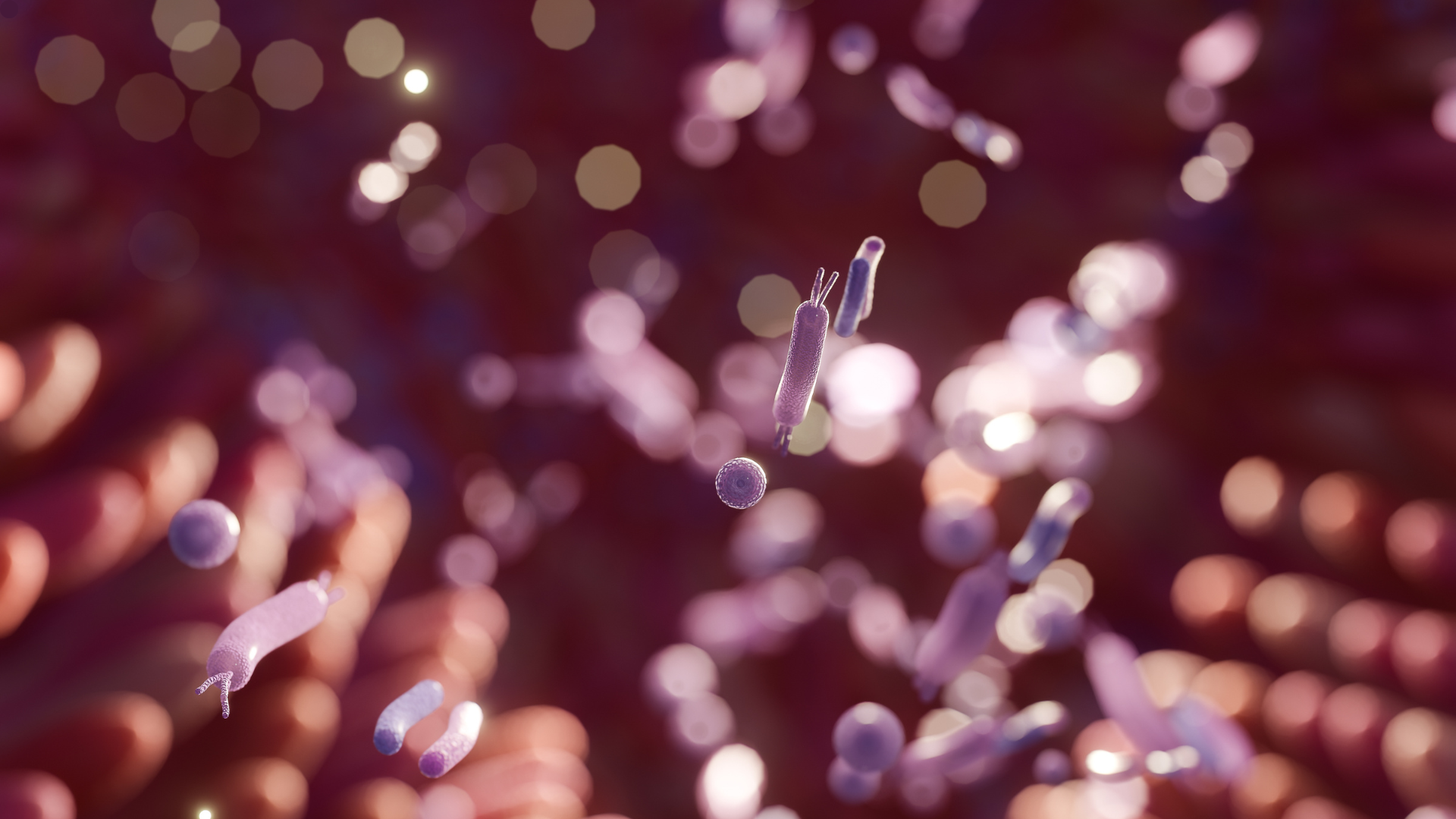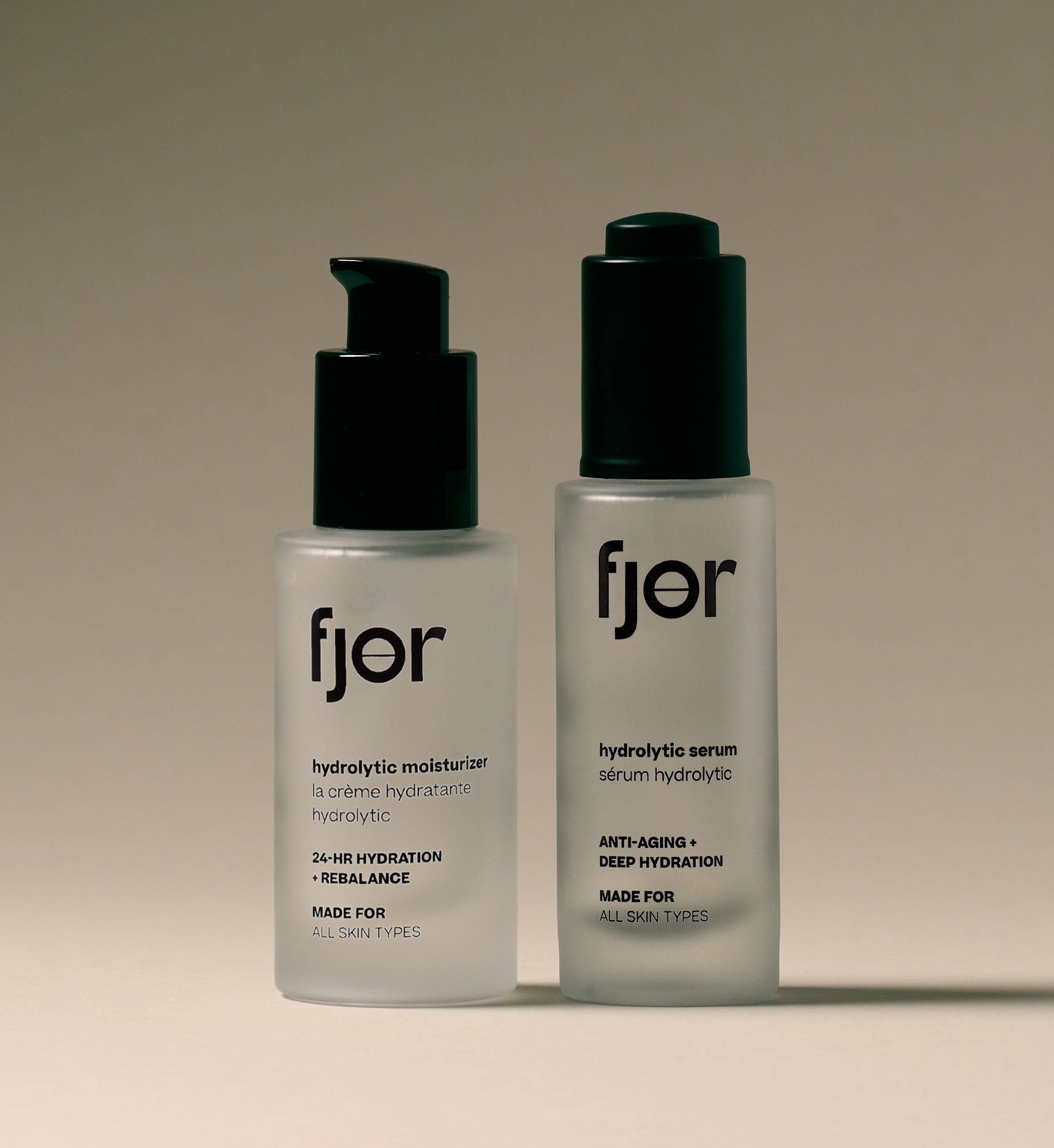When to Stop Topical Retinol Before Pregnancy
Shop Hydrolytic®
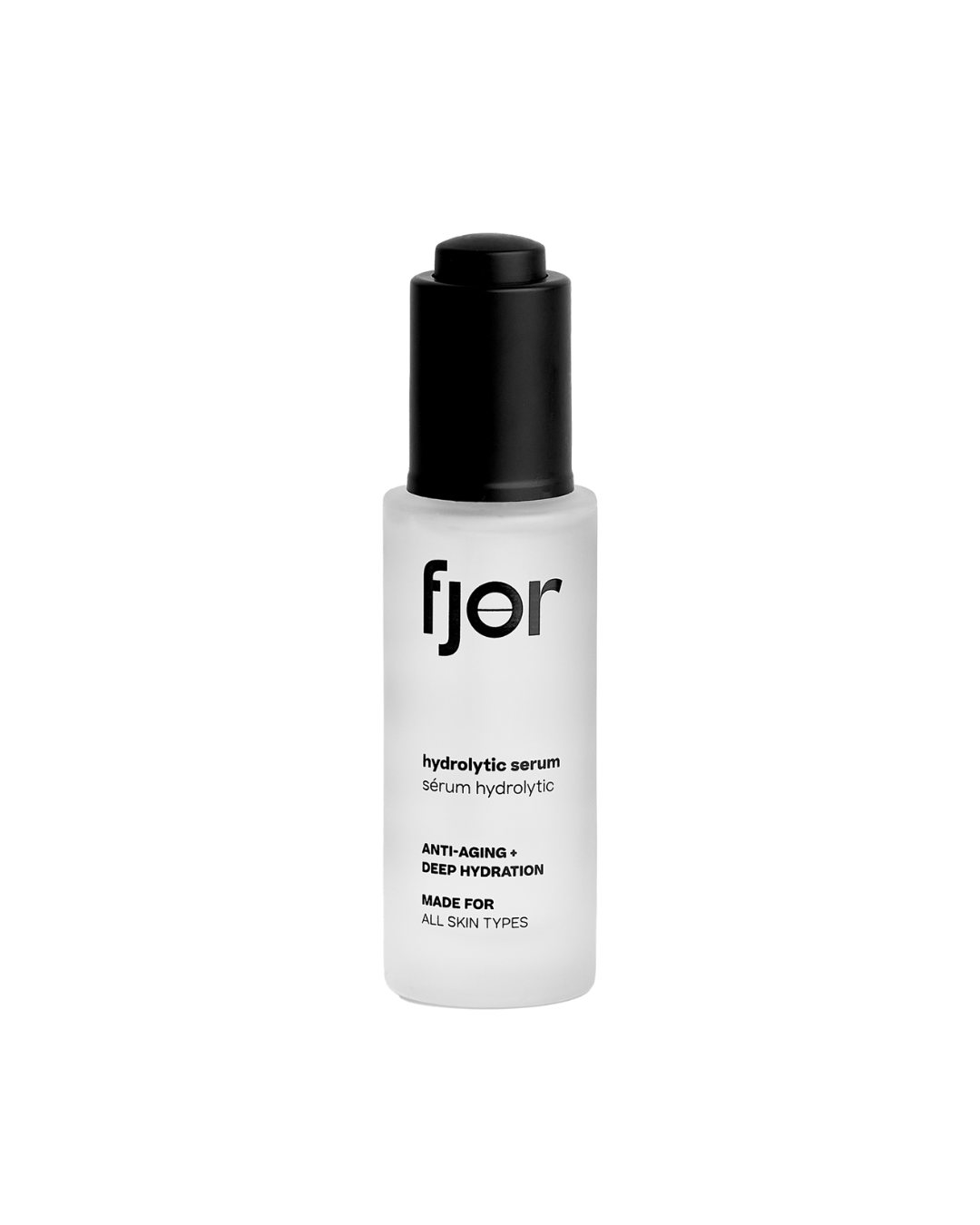
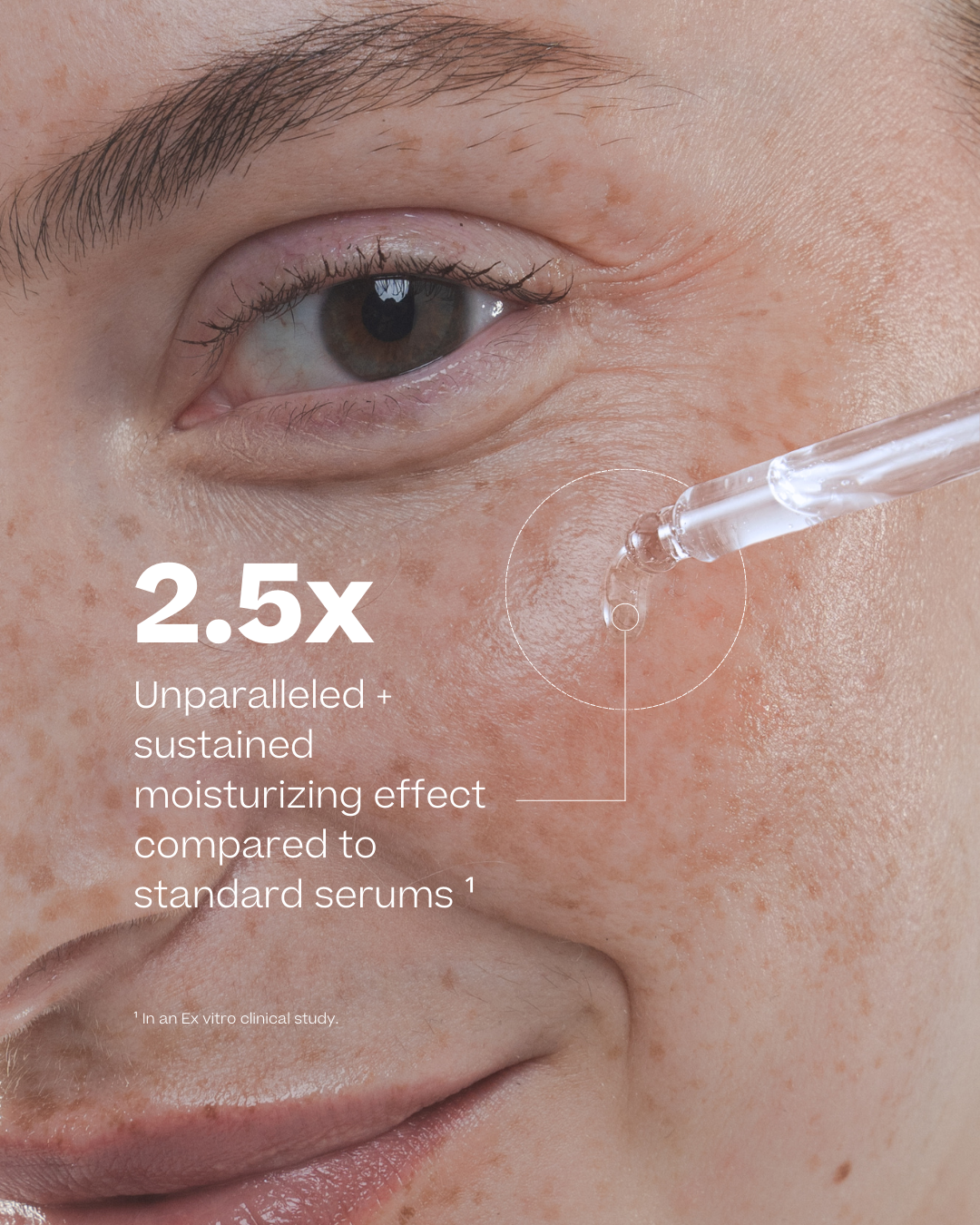
Hydrolytic® Serum 30ml
Anti-Aging + Deep Hydration
£110.00
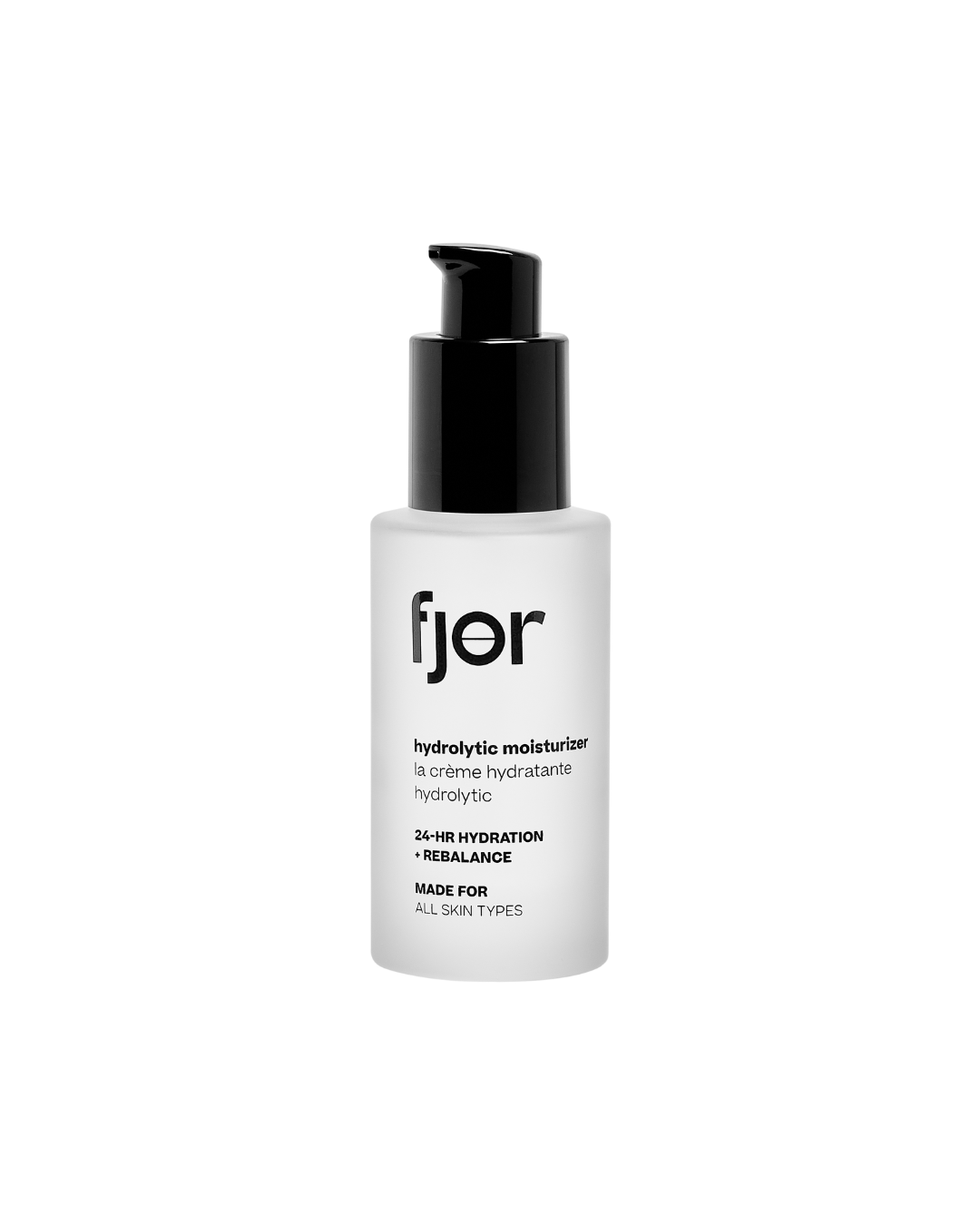
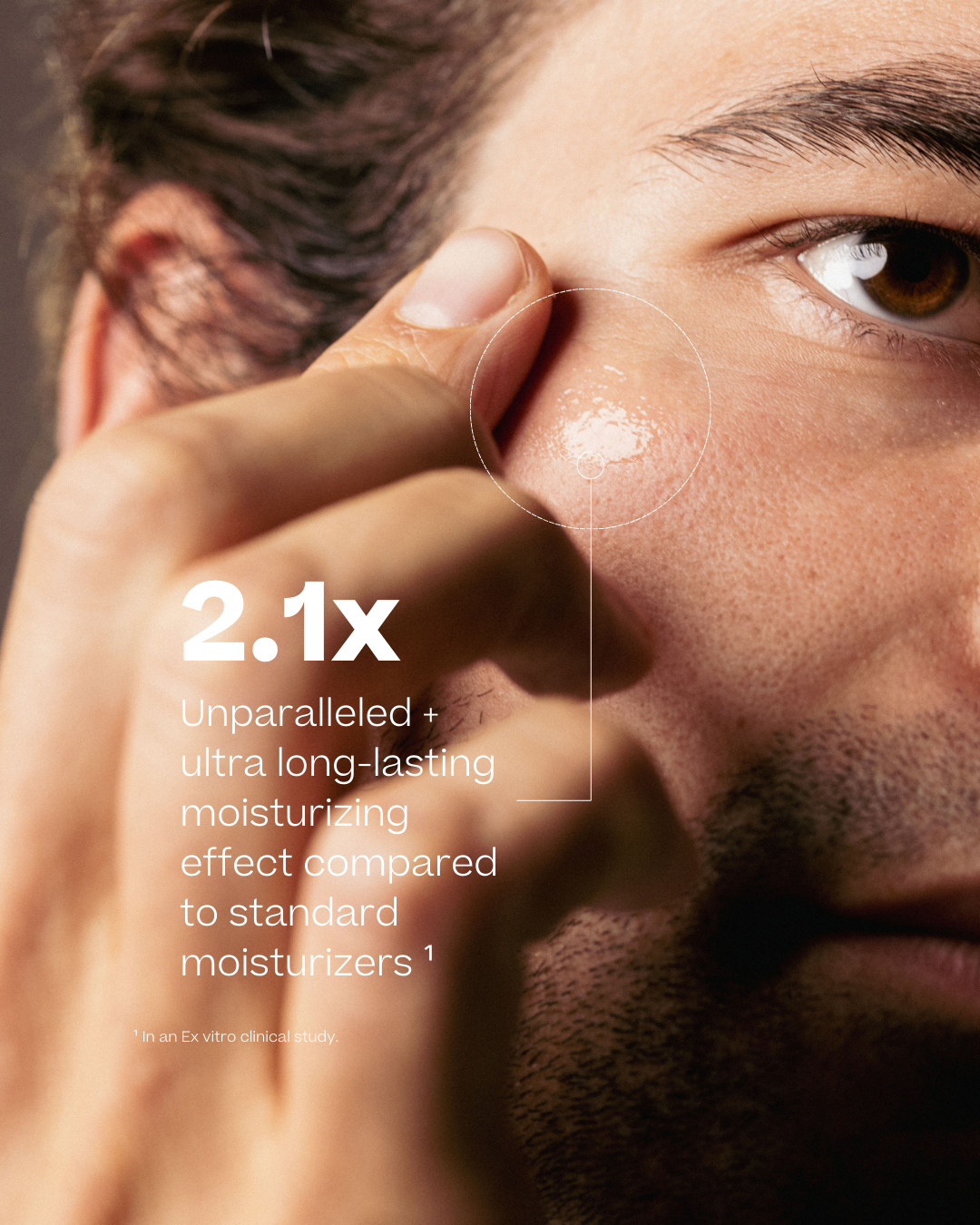
Hydrolytic® Moisturizer 30ml
24-hr Hydration + Rebalance
£55.00
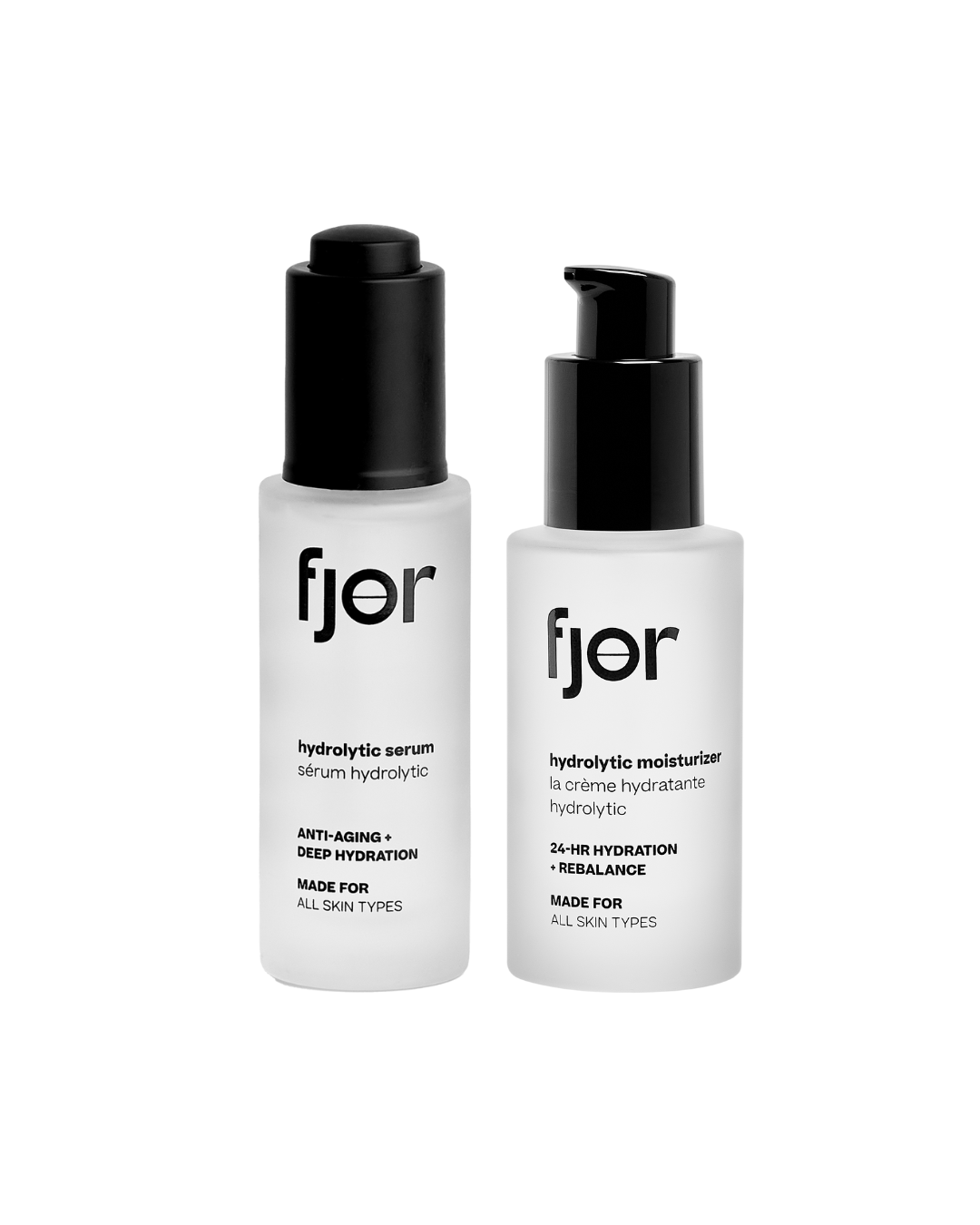
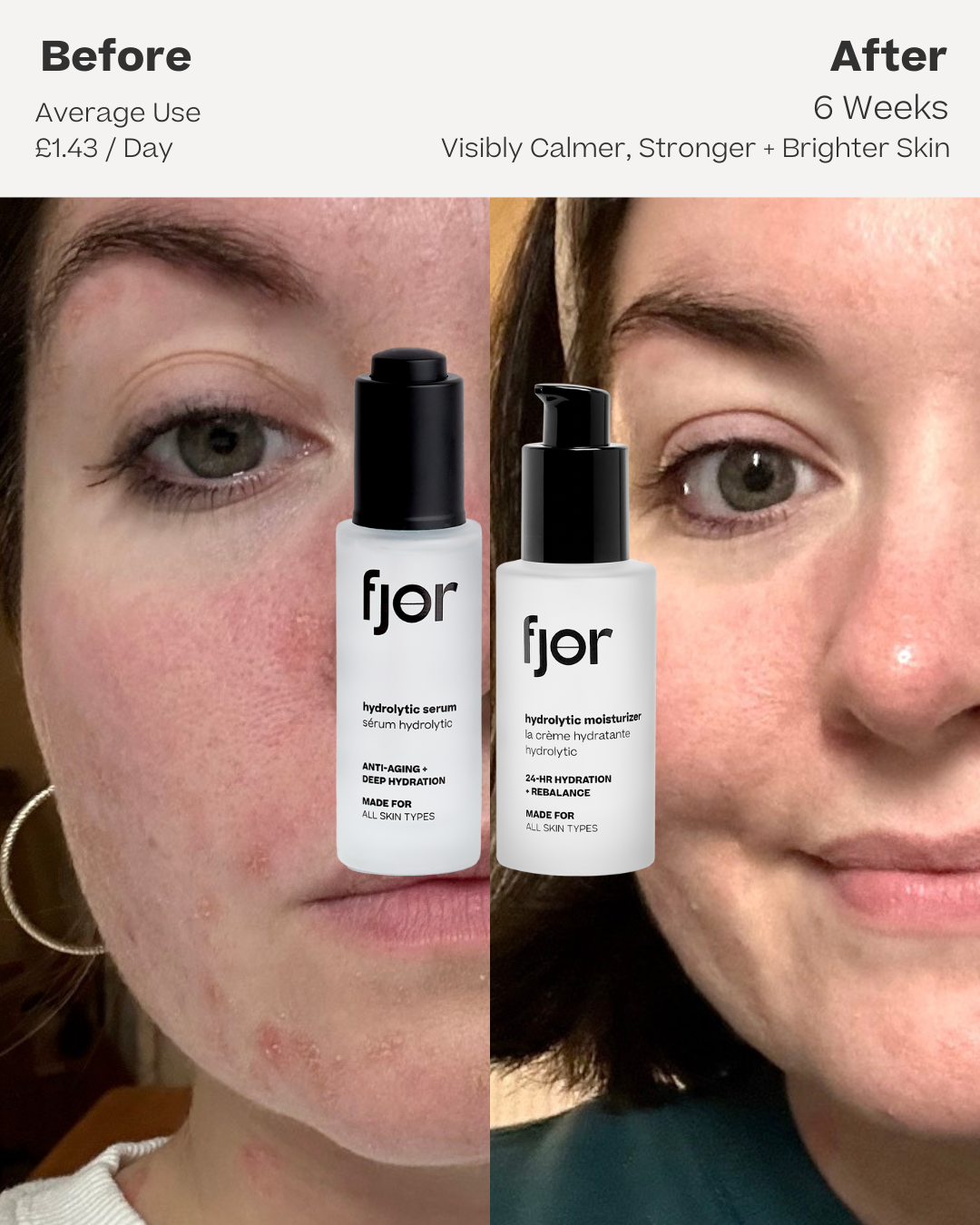
The Hydrolytic® Duo
Hydrolytic® Serum + Moisturizer
£165.00 £148.00
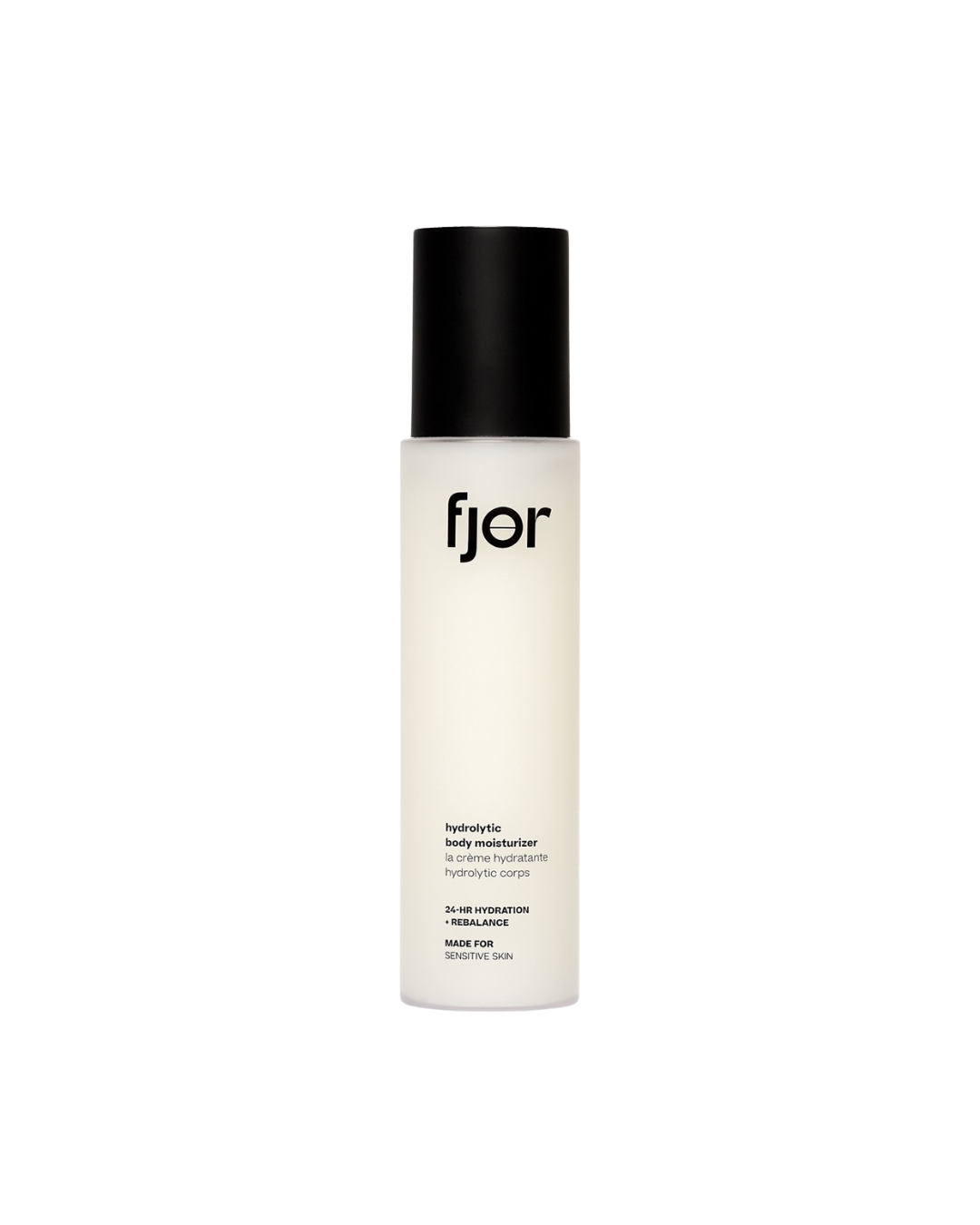
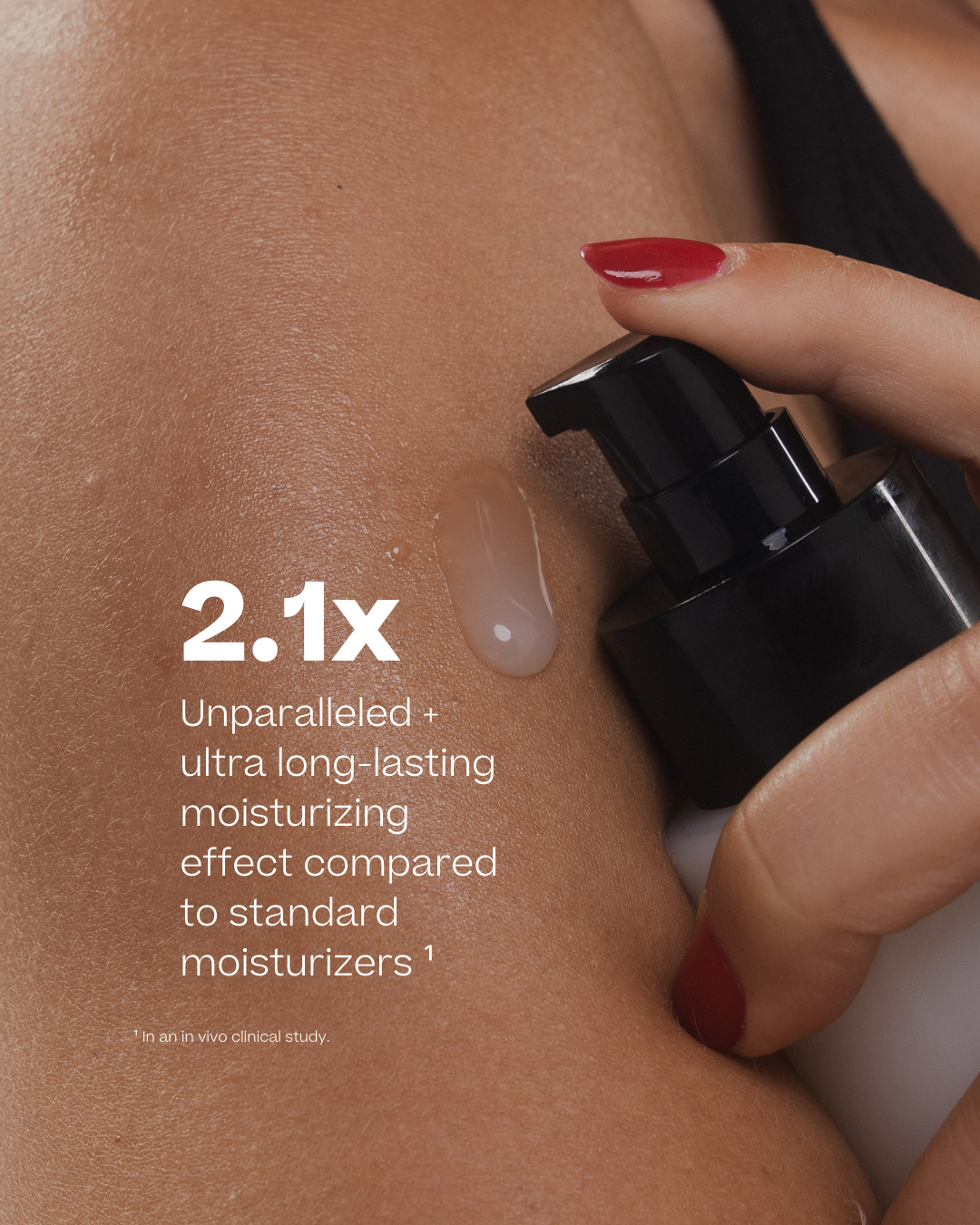
Hydrolytic® Body Moisturizer 200ml
Pre-order
£89.00
Science
The Science Behind fjör



Quiz
Take the Skin Quiz
Shop
Science
Science
Community
Community
Quiz
Quiz
Cart (0)
Your cart is empty
Continue ShoppingMar 17, 2025
When to Stop Topical Retinol Before Pregnancy
Retinol is a powerful skincare ingredient widely used for its anti-aging and acne-fighting benefits. However, when planning for pregnancy, it’s essential to reconsider its use due to potential risks associated with vitamin A derivatives. This article addresses the critical question: when to stop topical retinol before pregnancy and what leading medical experts recommend.

Contents of this article
- When Should I Stop Using Retinol Before Pregnancy?
- When to Stop Using Retinol Before Pregnancy: Medical Guidelines
- Retinol and Pregnancy Risks: Why Discontinue Before Conception?
- Retinol During Pregnancy: Is Any Amount Safe?
- Conclusion: When to Stop Using Topical Retinol Before Pregnancy
- Your Questions, Our Priority
Key takeaways from this article
- Stop using topical retinol at least one month before trying to conceive to minimize any risk of fetal exposure.
- Medical organizations and dermatologists recommend discontinuing retinol early, as excessive vitamin A can lead to developmental complications.
- Since pregnancy safety data on topical retinoids is limited, it is best to avoid them entirely during pregnancy and while breastfeeding.
When Should I Stop Using Retinol Before Pregnancy?
If you are trying to conceive, most dermatologists and medical organizations recommend stopping topical retinol at least one month before pregnancy. This precaution is based on safety guidelines for vitamin A derivatives, particularly oral isotretinoin, which must be discontinued at least one month before conception due to its teratogenic effects. While topical retinoids are absorbed in significantly lower amounts than oral forms, the exact threshold of safety is not well established.
To minimize any risk of early fetal exposure, the safest approach is to stop using retinol as soon as you start trying to conceive or discontinue it when you stop using birth control. Some medical professionals recommend discontinuing retinol several months in advance to allow any residual vitamin A to fully clear from your system before pregnancy.
When to Stop Using Retinol Before Pregnancy: Medical Guidelines
- American College of Obstetricians and Gynecologists (ACOG) The ACOG advises against the use of retinoids during pregnancy due to the potential risks of birth defects. While the absorption rate of topical retinol is lower than oral forms, they recommend erring on the side of caution and discontinuing use before conception.
- European Medicines Agency (EMA) & UK Medicines and Healthcare Products Regulatory Agency (MHRA) The EMA and MHRA have issued clear warnings that topical retinoids should not be used by women who are pregnant or planning pregnancy. These organizations state that there is insufficient data to determine a completely safe exposure level, leading to a recommendation to avoid use entirely.
- Dermatologists' Recommendations Most dermatologists follow a conservative approach, recommending stopping retinol use at least one month before pregnancy. Some prefer an even longer discontinuation period to ensure that no retinol remains in the body, especially since early pregnancy exposure is the most concerning.
Retinol and Pregnancy Risks: Why Discontinue Before Conception?
Retinol is a form of vitamin A, and excessive amounts of vitamin A during pregnancy can lead to fetal development complications. The main concerns surrounding retinol and pregnancy include:
- Teratogenic Effects: High doses of vitamin A are known to cause congenital disabilities, particularly when exposure occurs during the first trimester.
- Early Pregnancy Exposure: Many women do not realize they are pregnant until after several weeks, during which time the baby’s organs are forming. If retinol is used during this critical window, it may contribute to developmental abnormalities.
- Absorption and Storage: Although topical retinoids are absorbed at lower levels than oral retinoids, vitamin A is fat-soluble and can accumulate in the body over time. This is why medical professionals recommend stopping retinol before pregnancy rather than waiting until a confirmed pregnancy.
Retinol During Pregnancy: Is Any Amount Safe?
The current consensus is that retinol should be completely avoided during pregnancy. There is no established “safe” amount of topical retinoid exposure for a developing baby. Because pregnancy safety studies on retinoids are limited, most experts agree that avoiding retinol while pregnant is the best approach.
Additionally, retinol while breastfeeding is also discouraged, as small amounts may pass into breast milk. Although the risk to a nursing infant is lower than in pregnancy, some doctors advise waiting until after breastfeeding to resume retinol use.
Conclusion: When to Stop Using Topical Retinol Before Pregnancy
To ensure a safe pregnancy, stop using topical retinol at least one month before trying to conceive. Many experts recommend stopping even earlier, especially if you are actively planning a pregnancy. Given the potential risks of retinol when pregnant, the safest course of action is to eliminate topical retinoids from your skincare routine before conception occurs.
If you have concerns about your skincare regimen and pregnancy safety, consult with your dermatologist or obstetrician for personalized guidance. By planning ahead and discontinuing retinol use early, you can ensure the healthiest possible environment for your pregnancy.
Your Questions, Our Priority
How can I exfoliate my skin safely during pregnancy?
Enzyme exfoliation, like the breathrough Hydrolytic® Enzyme, gently removes dead skin cells without disrupting the skin barrier or causing inflammation. It’s an effective and pregnancy-safe way to maintain smooth, refreshed skin.
Can I use retinol while breastfeeding?
There is limited research on the safety of topical retinol while breastfeeding, but most healthcare professionals recommend avoiding it. Vitamin A can pass into breast milk, so it’s best to choose safer alternatives.
How important is my skin microbiome during pregnancy?
Your skin microbiome plays a crucial role in skin health and overall immunity. Supporting it with prebiotics and the Hydrolytic® Enzyme can help strengthen your skin barrier—and can even contribute to a healthier microbiome for your baby at birth.
Is fjör breastfeeding and pregnacy safe?
Our products have undergone a full safety assessment and are considered safe for regular use. We have undergone toxicological evaluation and bioburden testing. All ingredients are widely recognized as safe for topical application, and there’s nothing in the formulas that would raise concerns. Additionally, our products have been dermatologically tested for sensitive skin.
Based on the toxicology evaluation of the products and stated intended use for adults, there are no precautions required for pregnant/nursing women who are using the product.
However, we always recommend checking with your doctor before using any new products while pregnant or nursing.
Is the Hydrolytic® Enzyme safe for sensitive skin?
Yes. Thanks to its gentle exfoliating action, the Hydrolytic® Enzyme is often better tolerated than harsher actives. It is clinically tested for sensitive skin. Even so, start slowly and perform a patch test to ensure your skin adapts well.
How do Hydrolytic® Enzymes compare to retinol in terms of results?
The Hydrolytic® Enzyme gently resurfaces the skin and can deliver similar smoothing, and rejuvenating effects. While they may take a bit longer to show dramatic changes compared to prescription-strength retinoids, they tend to cause far less irritation, making them a great option for sensitive or easily reactive skin.
How does retinol affect the skin microbiome?
Retinol disrupts the skin barrier and triggers inflammation, which can indirectly impact the skin microbiome. While limited studies suggest potential positive effects, the evidence is often flawed and inconclusive. The harshness of retinol may disturb the delicate balance of beneficial microorganisms.
What is microbiome diversity, and why does it matter for skin health?
Microbiome diversity refers to the variety of microorganisms, such as bacteria and fungi, living on the skin. A diverse microbiome helps protect the skin from harmful pathogens, reduce inflammation, and maintain overall skin health. Low diversity can contribute to sensitivity, redness, and other skin issues.
What is the skin barrier, and why is it important?
The skin barrier, also known as the stratum corneum, is the outermost layer of the skin that acts as a protective shield. It prevents water loss, keeps out harmful substances, and supports skin health. A damaged barrier can lead to dryness, irritation, and increased sensitivity to external stressors.
What is retinol, and how does it work?
Retinol is a derivative of vitamin A commonly used in skincare for its anti-aging properties. It works by increasing skin cell turnover, stimulating collagen production, and reducing fine lines and wrinkles. However, it can also disrupt the skin barrier and cause irritation, redness, and dryness, especially with overuse or high concentrations.
What is fjör?
fjör is a microbiome skincare brand from Scandinavia, designed to boost skin health by enhancing microbiome diversity. Using innovative Hydrolytic® Enzyme technology, fjör supports sensitive skin with a minimalist approach, focusing on resilience, hydration, and balance for a naturally radiant complexion.
Authors

Written by William Smithwite
Co-founder of fjör & Skin Microbiome Expert

Reviewed by Natalie Enslöw
Founder & CEO of fjör
References
- American College of Obstetricians and Gynecologists (ACOG). "Skin Care During Pregnancy: What You Need to Know." ACOG, 2024.
- European Medicines Agency (EMA). "Updated Measures for Pregnancy Prevention During Retinoid Use." EMA, 2024.
- Medicines and Healthcare Products Regulatory Agency (MHRA). "Drug Safety Update: Retinoids and Pregnancy." UK Government, 2024.
Contents of this article
- When Should I Stop Using Retinol Before Pregnancy?
- When to Stop Using Retinol Before Pregnancy: Medical Guidelines
- Retinol and Pregnancy Risks: Why Discontinue Before Conception?
- Retinol During Pregnancy: Is Any Amount Safe?
- Conclusion: When to Stop Using Topical Retinol Before Pregnancy
- Your Questions, Our Priority
Authors

Written by William Smithwite
Co-founder of fjör & Skin Microbiome Expert

Reviewed by Natalie Enslöw
Founder & CEO of fjör

